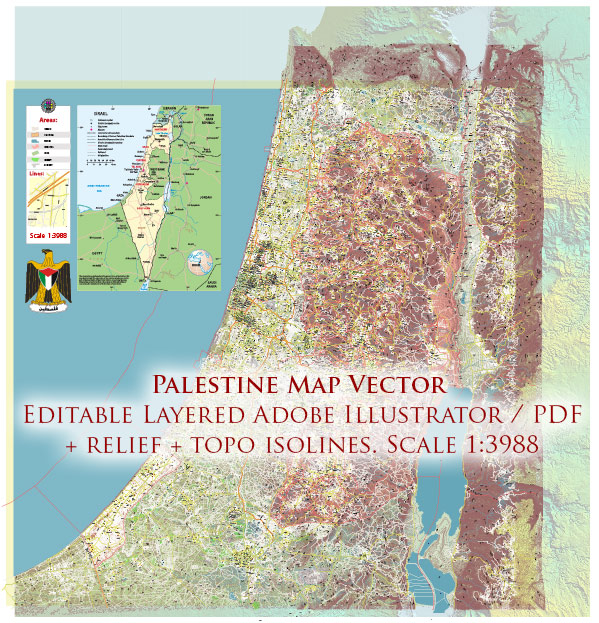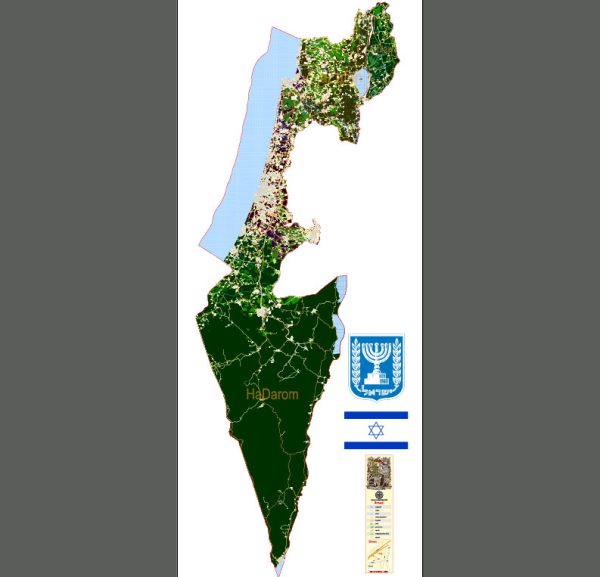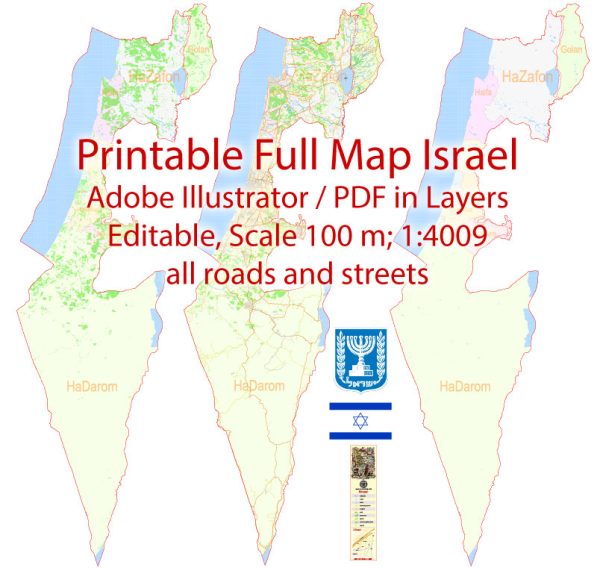The history of Israel is a complex and multifaceted story that spans thousands of years, with profound religious, political, and cultural significance. Here, I’ll provide a brief overview of the key points in Israel’s history:
- Ancient Israel:
- Israel’s history can be traced back to biblical times when it was inhabited by various Semitic tribes.
- The United Kingdom of Israel was established under King Saul, David, and Solomon, around 1000 BCE.
- The First Temple in Jerusalem was built by Solomon but was destroyed by the Babylonians in 586 BCE.
- Babylonian Exile:
- After the destruction of the First Temple, many Jews were taken into captivity in Babylon.
- The Babylonian Exile lasted for several decades.
- Return from Exile:
- Persia conquered Babylon, and under the rule of Cyrus the Great, the Jews were allowed to return to the land of Israel.
- The Second Temple was built during this time.
- Hellenistic and Roman Periods:
- Israel came under Hellenistic influence, especially during the rule of the Seleucid Empire.
- The Jewish Revolt against the Romans in 66-70 CE led to the destruction of the Second Temple in Jerusalem and the exile of the Jewish population.
- Diaspora:
- The Jewish people were dispersed throughout the world, which led to the Jewish Diaspora.
- Despite living in various lands, Jewish culture, religion, and identity remained strong.
- The Ottoman Empire and British Mandate:
- In the late 19th and early 20th centuries, the region that includes modern Israel was part of the Ottoman Empire.
- After World War I, the League of Nations granted the United Kingdom the mandate to govern the area, which included present-day Israel and Palestine.
- 1948: The State of Israel:
- Following World War II and the Holocaust, the United Nations approved a plan to partition the British Mandate into separate Jewish and Arab states.
- On May 14, 1948, David Ben-Gurion declared the establishment of the State of Israel, leading to the First Arab-Israeli War.
- Wars and Conflicts:
- Israel has been involved in several wars and conflicts with its Arab neighbors, including the Suez Crisis (1956), the Six-Day War (1967), the Yom Kippur War (1973), and others.
- Peace Agreements:
- Israel has signed peace agreements with Egypt in 1979 and Jordan in 1994, which have brought some stability to the region.
- Israeli-Palestinian Conflict:
- The Israeli-Palestinian conflict remains a central issue in the region, involving disputes over territory, refugees, and the status of Jerusalem.
- There have been multiple attempts at peace negotiations, but a final resolution remains elusive.
- Modern Israel:
- Israel is a parliamentary democracy with a strong economy and a thriving technological sector.
- The capital of Israel is Jerusalem, which is a city of great religious significance to Jews, Christians, and Muslims.
- Challenges and Opportunities:
- Israel faces ongoing security challenges and geopolitical complexities, but it has also made significant contributions to fields like technology, science, and culture.
This overview provides a broad outline of Israel’s history, but the complexities of the region and its history are vast, reflecting the intricate interplay of religion, politics, and culture over the millennia.





 Author: Kirill Shrayber, Ph.D.
Author: Kirill Shrayber, Ph.D.